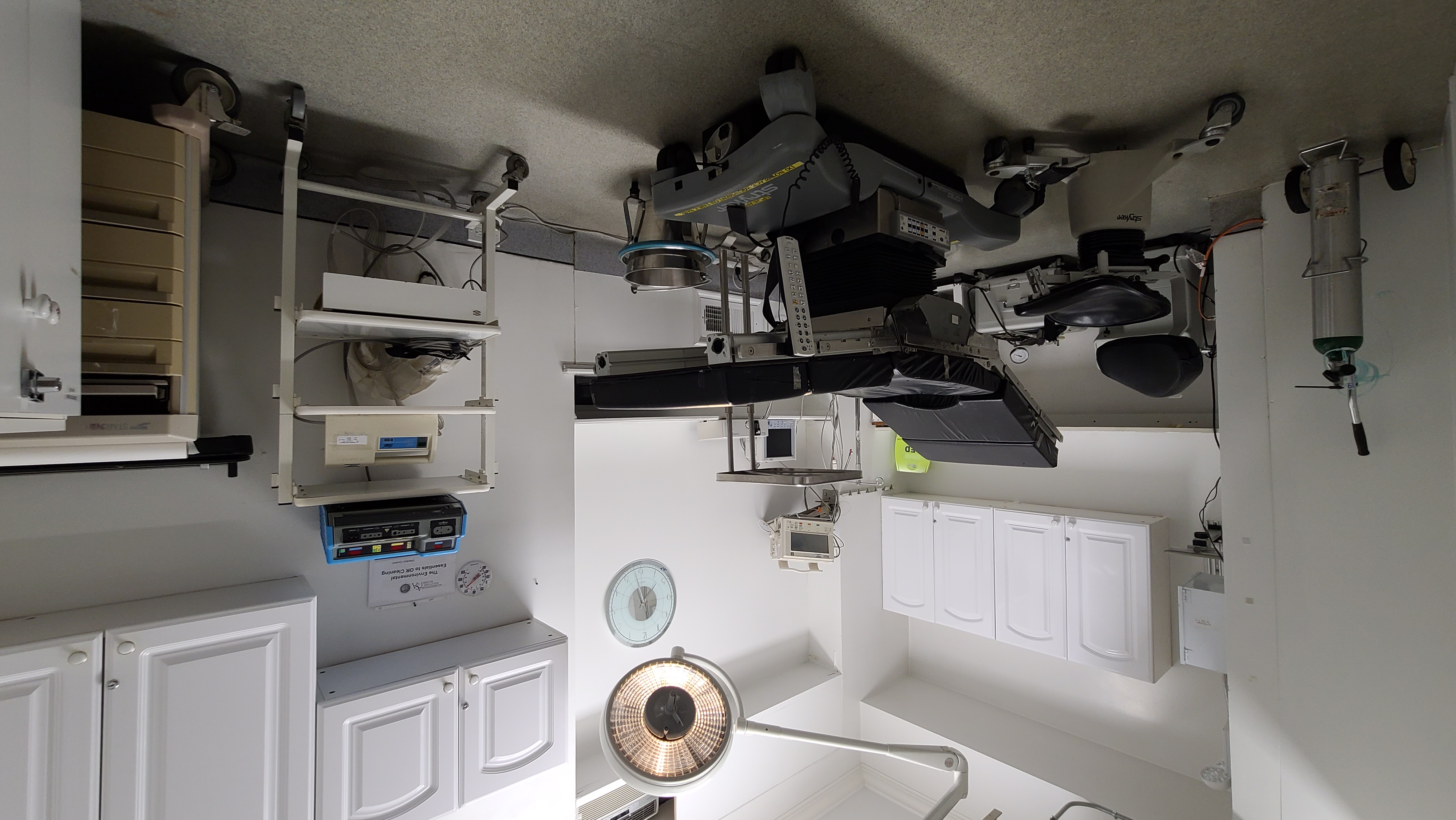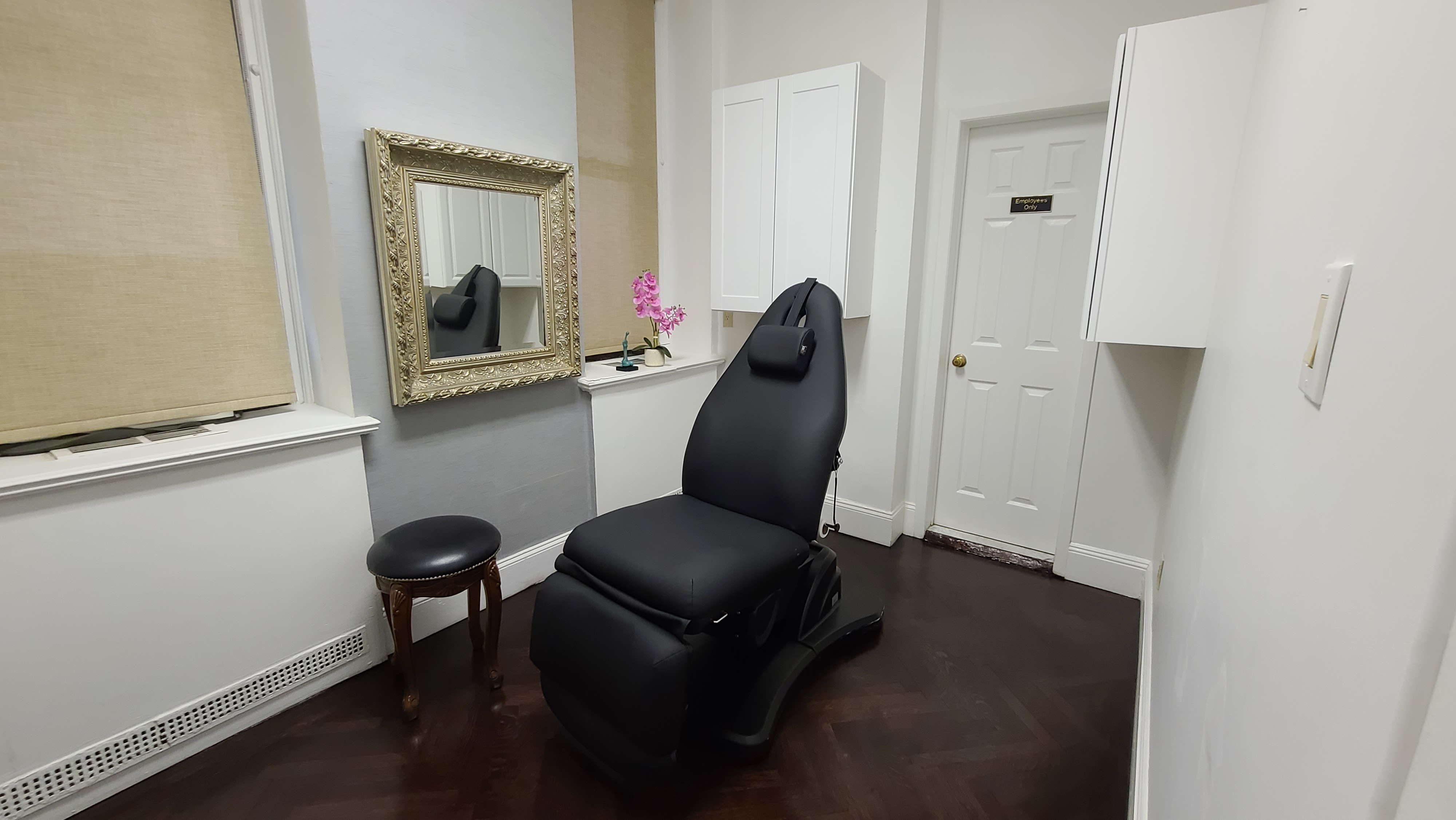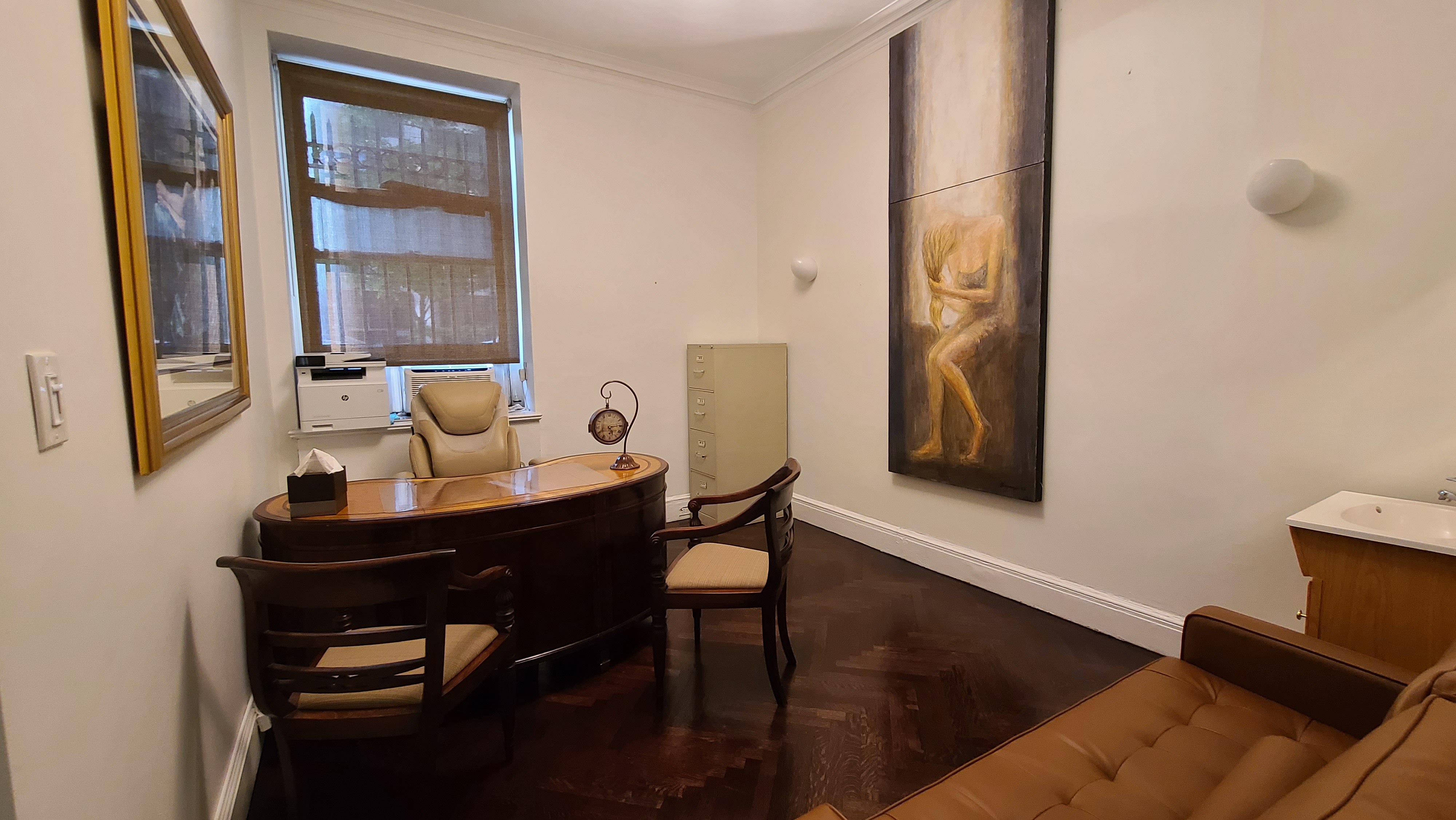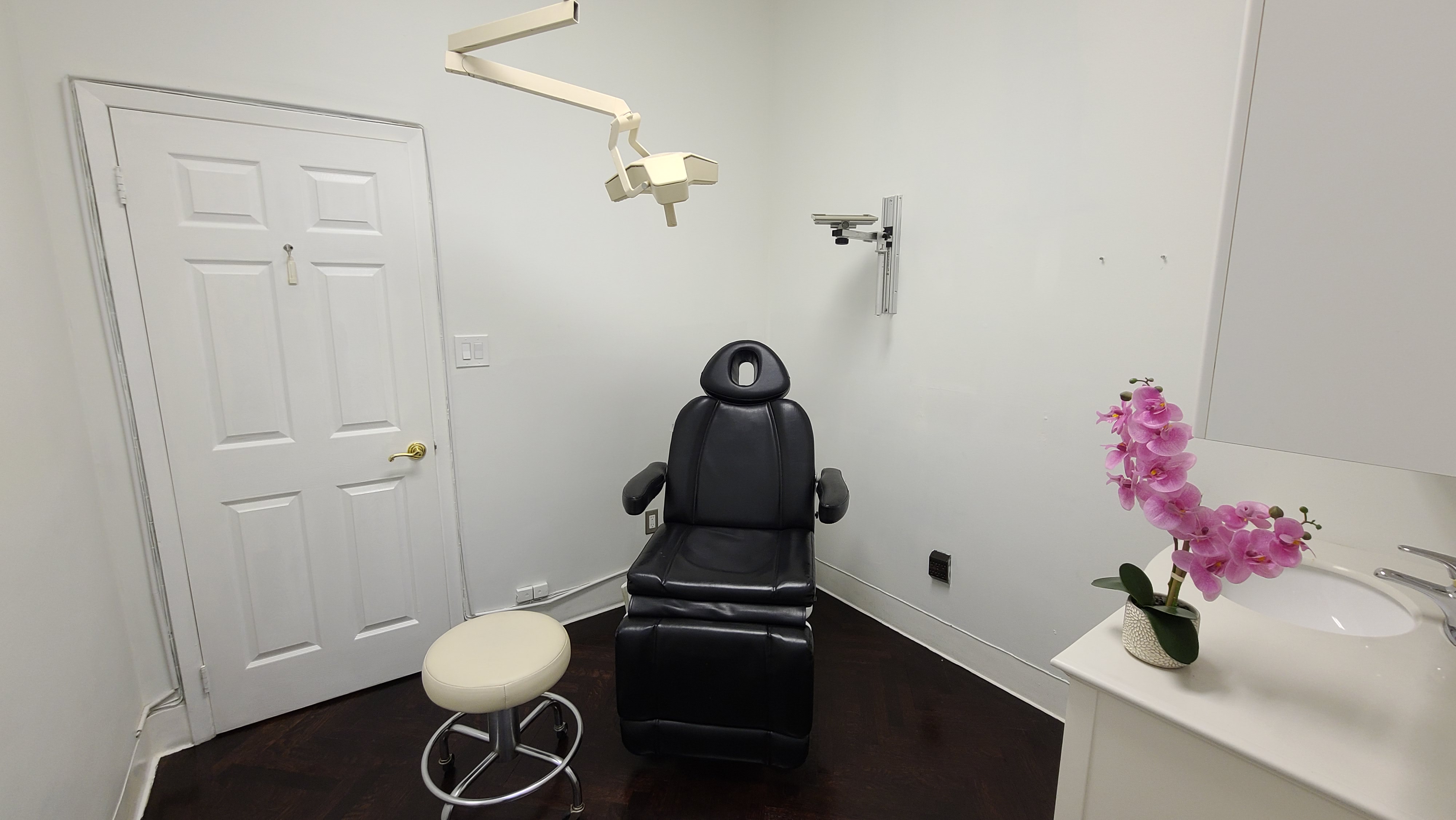AAAASF and JCAHO rigorously inspect and evaluate each facility seeking accreditation to ensure that it meets the highest standards.
After accreditation is achieved, AAAASF and JCAHO require an annual in-house evaluation to identify any areas that may need improvement. Every three years, a formal site inspection is performed by a trained AAAASF or JCAHO representative.
AAAASF-accredited and JCAHO-accredited facilities are continually monitored and improved through the analysis of individual facility performance compared to established standards.
One of the innovative ways in which AAAASF and JCAHO evaluate patient care and cost containment is through its documented quality assurance and peer-review program.
The bottom line is that AAAASF or JCAHO accreditation is today’s best assurance of safety, quality and efficiency in the outpatient surgery environment. It is a program that has achieved wide recognition from the medical community, state legislatures, state and national health care agencies, insurance companies and patients. So, for your cosmetic plastic surgery in New Jersey and New York City area, you should be sure that the hospital or surgery center where your procedure will be performed is AAAASF-accredited or JCAHO-accredited.






